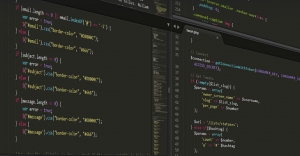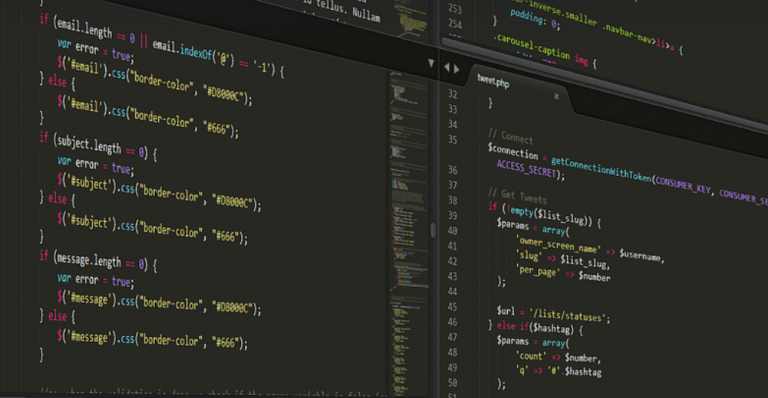Unlock the Power of Mathematics in Engineering
Engineering, at its core, is about problem-solving and innovation. But to truly excel in this field, you need a solid foundation in mathematics—the language that drives engineering’s power. Mathematics provides us with the tools to analyze data, design structures, simulate processes, solve complex problems, and ultimately build sustainable solutions for a better future.
Whether you’re a budding engineer or an experienced professional navigating a new challenge, understanding mathematics is paramount. This guide will introduce you to essential resources that can help you master the mathematical foundations of engineering.
The Importance of Mathematics in Engineering
Mathematics isn’t just about crunching numbers. It’s about understanding patterns, building logical frameworks, and developing critical thinking skills. In engineering, this means applying mathematical concepts to:
- **Analyze structural integrity:** Engineers use calculus and differential equations to understand how structures respond to forces, ensuring their stability.
- **Design efficient systems:** Mathematics is used to optimize energy consumption in mechanical systems, transportation routes, and communication networks.
- **Predict system behavior:** Physics and probability are essential for analyzing the flow of fluids, predicting sensor readings, and optimizing resource allocation.
- **Develop new technologies:** From designing artificial intelligence algorithms to exploring quantum physics, mathematics underpins technological advancement.
Dive into Essential Mathematical Concepts
To master engineering through the lens of mathematics, you need a clear understanding of fundamental concepts. Here are some essential areas to focus on:
* **Calculus:** Calculus lays the foundation for analyzing change and motion. It encompasses derivatives, integrals, and differential equations—tools used in physics, engineering mechanics, and fluid dynamics. * **Linear Algebra:** This area helps us understand and manipulate vectors, matrices, and systems of linear equations. It’s crucial for solving complex engineering problems, especially those involving electrical circuits, data analysis, and machine learning. * **Probability and Statistics:** Understanding probability and statistics allows engineers to analyze data, predict outcomes, and make informed decisions based on evidence. This is vital in areas like quality control, risk assessment, and reliability analysis.
Finding Your Mathematical Toolkit
There are multiple ways to acquire the mathematical knowledge you need for engineering success:
* **Study through textbooks:** Textbooks provide a structured approach to learning, offering comprehensive explanations of core mathematical concepts. Look for well-regarded resources like “Calculus” by James Stewart or “Linear Algebra and Its Applications” by Gilbert Strang. * **Explore online courses:** Online platforms like Coursera, edX, and Khan Academy offer diverse mathematics courses that cater to different levels and learning styles. These courses provide valuable hands-on experience and personalized feedback. * **Utilize practice resources:** Engaging with mathematical concepts through practical exercises is key. Practice problems from textbooks, solve engineering challenges online, or work on personal projects. * **Join study groups:** Discussing complex topics and engaging in collaborative problem-solving can enhance your understanding and accelerate your learning journey.
The Power of PDFs: Your Go-To Resource
PDF files offer a convenient and versatile way to access mathematical resources at any time, anywhere. They provide an accessible format for studying, referencing, and collaborating on engineering projects.
Here’s how you can leverage the power of PDFs for your mathematical journey:
* **Download textbooks:** Access comprehensive mathematics textbooks from renowned authors and publishers through online platforms like Amazon Kindle or Google Books. These books are packed with practical examples, exercises, and theoretical explanations. * **Find lecture notes:** Many universities and educational institutions offer digital resources like lecture notes that provide a condensed version of key concepts covered in their courses. * **Explore engineering problem sets:** Download PDF versions of practice problems and solutions to solidify your understanding of specific engineering principles through practical application.
Mathematics for Engineering – A Lifelong Journey
Learning mathematics is not a one-time event; it’s an ongoing process that requires consistent effort and dedication. As you progress in your engineering career, you’ll encounter new mathematical challenges and concepts that require continuous learning. But the rewards are immense.
By mastering the mathematical foundations of engineering, you’ll be equipped to tackle complex problems, design innovative solutions, contribute to scientific advancements, and ultimately build a better future for our world.














